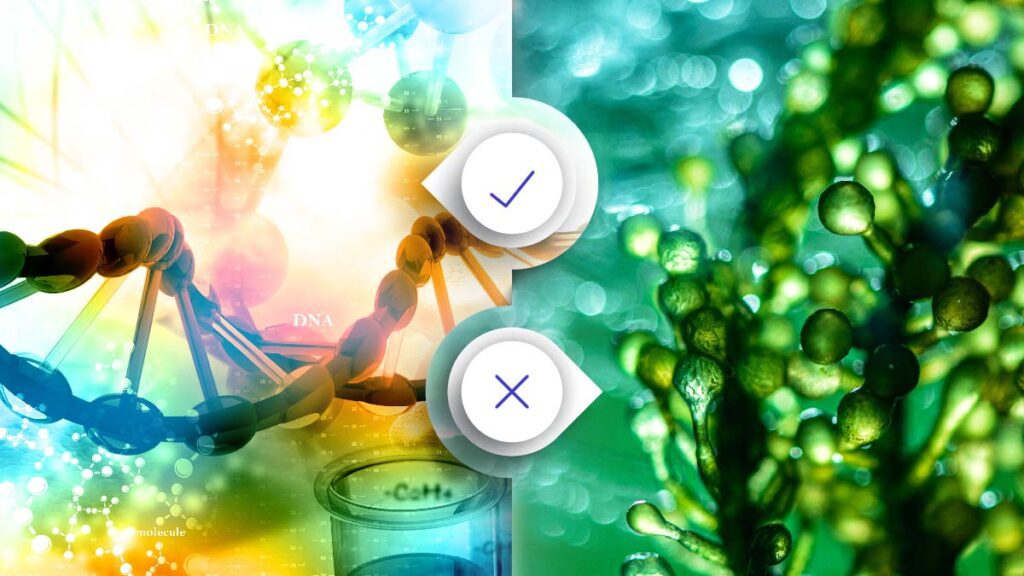Pros and Cons of Biotechnology in Agriculture

Agricultural biotechnology uses various tools, including conventional breeding techniques, that adjust parts of organisms or living organisms to modify or make products and animals and improve plants and grow microorganisms for distinguishing agricultural uses.
The tools of genetic engineering are included in modern biotechnology, while its developments contain genetically modified plants and animals, cell therapies, and nanotechnology.
What are the Advantages of Agricultural Biotechnology?
Biotechnology in agriculture benefits producers, farmers, and consumers. Biotechnology has helped make insect pest control and weed management safer and more accessible while safeguarding crops against disease, which is essential for the future of food security.
Agricultural biotechnology examples include genetically engineered insect-resistant cotton, which granted a considerable decline in the use of manufactured pesticides that might pollute groundwater and the atmosphere.
Regarding improving weed control, herbicide-tolerant cotton, corn, and soybeans allow the use of reduced-risk herbicides that break down more quickly in soil and are non-toxic to wildlife and humans.
Herbicide-tolerant crops are compatible with no-till or reduced tillage agriculture systems that enhance and maintain topsoil from erosion.
It is worth mentioning that agricultural biotechnology has been employed to protect crops from devastating diseases. The most notorious disease inflicting crops, is the papaya ringspot virus that affected the Hawaiian papaya enterprise until the fruits were immune to the condition and were designed through genetic engineering, preserving the U.S. papaya industry.
Making Farming More Profitable
Biotech crops can make farming more fortunate by increasing crop quality and yields in some cases. Some of these crops can facilitate work and enhance safety for farmers.
This permits farmers to spend less time handling their crops and more time on other profitable activities.

Biotech crops may provide enhanced quality features such as increased levels of beta-carotene in rice to assist in decreasing vitamin A shortages and improved oil compositions in canola, soybean, and corn.
Crops with the capacity to grow in salty soils or better resist drought conditions are being deployed as well, entering the marketplace for the first time. Those kinds of innovations may be increasingly essential in adjusting to or helping to mitigate the impacts of climate change.
Disadvantages of Biotechnology
Biotechnology heavily relies on adjusting genes or crossbreeding
Biotechnology can jeopardize the survival of particular species. The process that is controlled by humans can create complications that will destroy the biological equilibrium of species. It can efficiently lead to the demise of specific species, which can have many adverse impacts on the environment.
If the function fails, it leads to so much waste during the process, which is one that should be observed carefully to bypass cases where it can guide to many losses in case of a bottleneck.
Boost the stretch of crop diseases
Many crop diseases can be altered or stopped through gene diversity. For example, the spread of blight in crops can be controlled through gene variety. The application of biotechnology leads to extensive trails of land under one crop that has been modified genetically to improve yields.
In such cases, a disease like a blight in crops that can be minimized through gene diversity will spread fast. It will even require more resources to stop it, unlike growing crops naturally to resist the disease.
Some examples of green biotechnology include the development of transgenic plants, the use of genetically altered plants or animals, genetic engineering of plants, producing fertile and resistant seeds, manipulation, and use of microorganisms to facilitate crop growth, etc.
Summary
Every technology will benefit human lives in many forms, whether in farming or other fields, in order to improve human presence on earth. Biotechnology is an essential pillar in the future of technology and is important for agriculture, making human life on earth easier to adapt to.
People should take advantage of the technology being offered to them over the years and use it to their benefits in order to help each other live a decent life.
Inside Telecom provides you with an extensive list of content covering all aspects of the Tech industry. Keep an eye on the technological news space to stay informed and updated with our daily articles.
